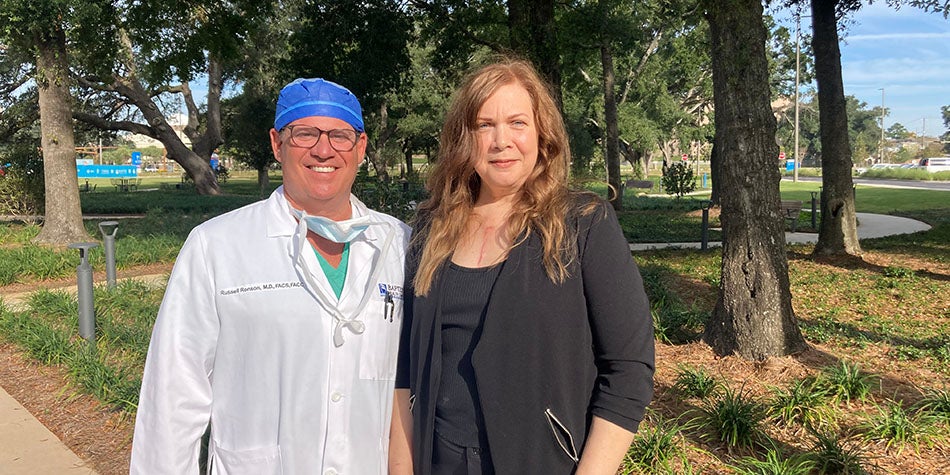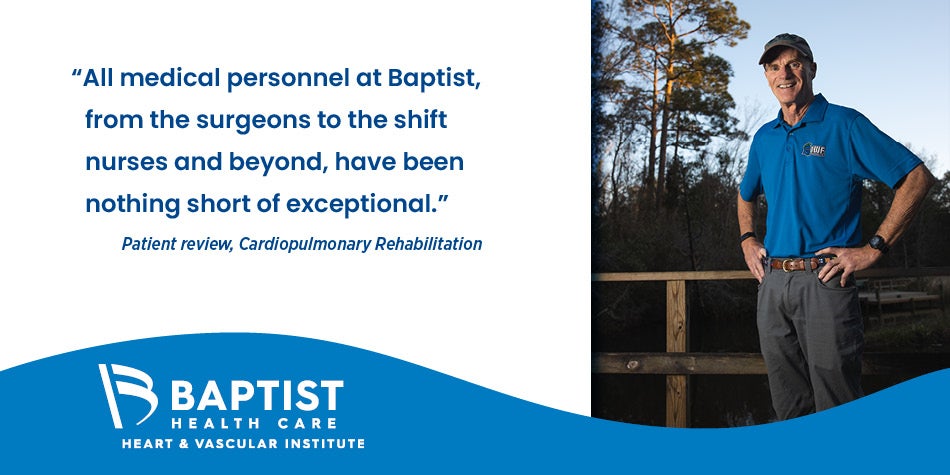Blood Pressure Affects Heart Health and Overall Well-Being

What is your blood pressure, and is it within a normal range? Knowing the answers to these two questions can help you stay on top of your health.
Blood pressure is the amount of force your blood uses to get through your body’s arteries. Your tissues and organs need blood to function. Blood pressure results from two forces and is measured with two numbers. The first force, systolic pressure, occurs as blood pumps out of the heart and into the arteries. The second force, diastolic pressure, is created as the heart rests between heartbeats. Together, this gives the blood pressure reading.
According to the American Heart Association and Centers for Disease Control and Prevention, a normal blood pressure level is 120/80 or lower. At-risk levels are between 120 and 139. High blood pressure is 140 and higher. Numbers and circumstances may vary by age, gender, race, family history and individual lifestyle.
High blood pressure is also known as hypertension. It can slowly and quietly damage the body for years before symptoms appear. You may not feel anything is wrong, but after years of putting stress on the heart and body, high blood pressure could lead to a person feeling tired and lacking energy. It could eventually cause a life-threatening condition, such as a heart attack or stroke.
Know Your Numbers and Family History
Find out what your blood pressure is and record the numbers. That is the best proactive approach to heart health and overall well-being. Talk to your doctor about any concerns about your family history or ways to lower your pressure if it is in the at-risk or high category. Baptist Medical Group – Primary Care is here to assist you in navigating a path to your best health.
If Blood Pressure Is Higher Than Normal
If your doctor finds that you are at risk or already have high blood pressure, what should you do? Continue working with your provider for optimal health or find a trustworthy Baptist primary care doctor. If needed, they can refer you to a specialist within Baptist Heart & Vascular Institute.
You are not alone in your health journey. Baptist Heart & Vascular Institute (BHVI) offers the most established, comprehensive program for heart health in the Northwest Florida region. From diagnosis of hypertension to other heart diseases, conditions or concerns, the team is nationally recognized for providing the utmost in quality care and personal service.
“As a provider, our goal is to treat patients holistically and identify potential causes of hypertension, whether it is hereditary, stress-related, or lifestyle,” said Toinetta T. Coolie, DNP, APRN, FNP-BC, manager of the Heart Failure Program at BHVI. “We will assist you in identifying these areas (when possible) and managing them with appropriate treatment/monitoring.”
Look at Lifestyle
Another way to have greater heart health is to review your lifestyle. Stay active and make smart decisions about food and rest.
Ways to lower your blood pressure for better heart health could be making simple changes like exercising regularly, eating more nutritious food – especially items lower in sodium – obtaining more sleep, maintaining a healthy weight, not smoking, limiting alcohol and reducing stress.
Monitoring Health for Life
A good blood pressure reading is a reason to celebrate, but don’t let the good numbers prevent you from continual monitoring. Be proactive so you can stay ahead of last-effort prevention. Consider buying a blood pressure monitor at a local pharmacy to monitor your levels at home. Have your doctor show you how to use it. It’s quick, easy, and a great way to record patterns and spot risks.
Tracking your health consistently will give you a better quality of life – and you’re worth it.
Use this helpful sheet to monitor your blood pressure and stay heart healthy.


